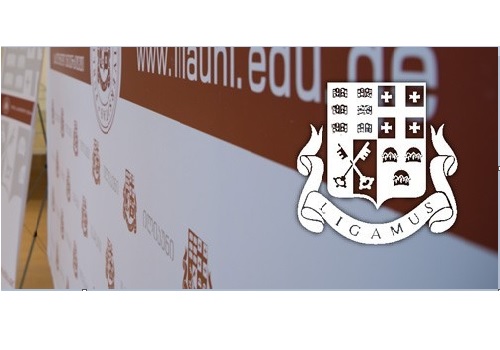Ilia State University (Tbilisi, Georgia)
ENRS is a partner at the conference "Memory and Identity in Post-Soviet Space: Georgia and the Caucasus in a Broader Eastern European Context" with its place at the Ilia State University (Tbilisi, Georgia).
1-3 June 2016
Ilia State University
(Tbilisi, Georgia)
The Caucasus can be described as the meeting point, crossroads or borderland of different cultures and civilizations. The very fact that various nations, ethnic groups, religions and cultures coexist in this region presuppose the essence of different and even sharply divided and contested mnemonic communities, since collective memory is the crucial marker of ethnic or cultural identities. While many ongoing political problems are the results of memory politics, the investigation of memory issues in Georgia and in the Caucasus is still rare and is in initial stage.
The conference, which will be held at Ilia State University on June 1-3, 2016, aims to reflect on key aspects of memory, identity and politics in Georgia, Caucasus and post-socialist space and intends to coordinate regional and international cooperation of scholars working on this complex and broad academic field. The conference participants consist of scholars from USA, Poland, Azerbaijan, Armenia, and Georgia.
The conference could apply to a wide range of problems, which will promote to reveal at the same time unique and universal features of memory related phenomena and processes in modern Georgia, the Caucasus, Central and East Europe. In particular, topics to elaborate include but are not limited to:
● Politics of memory in historical perspectives: historical forms of memory policy in
Georgia and the Caucasus
● Soviet and post-Soviet memory politics in the framework of totalitarianism and imperial
legacies.
● Sites and realms of memory in Georgia and the Caucasus
● Collective memory and collective amnesia: collective amnesia as the act of forgetting and
a way toward reaching social cohesion?
● Memory in peacebuilding and reconciliation process.
ENRS will be represented by prof. Jan Rydel, chairman of the Steering Committee of ENRS.
To read a full programme click here
